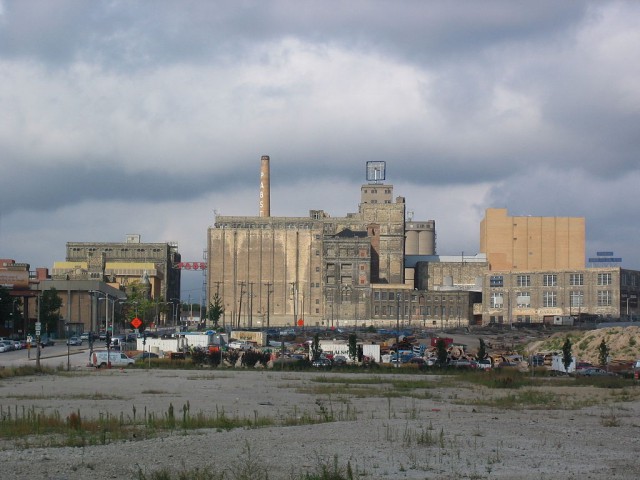
Attitudes are changing in the craft beer community as consumers’ insatiable thirst for new beer drives constant brewery expansion. There are now more than 3,000 breweries operating in the U.S. — the most since 1870 — and the tide of opening shows no sign of slowing. With this much demand, brewers are slowly embracing a somewhat taboo topic: outsourcing. Or as it’s called in the brewing world, contract brewing.
Contract brewing is the practice of one brewery hiring another, sometimes not even in their own state or country, to make some or all of its beer. In the late ’90s during the first collapse of craft beer, this process was blamed for helping fill the market with poor quality beer — like, for example, Red Hook Brewing. But times and technology have changed and so has contract brewing.
But why would a brewery choose not to produce their product in-house in the first place?
Several new operations are choosing to only open tasting rooms at first to gauge interest and establish cash flow. That makes sense when you factor in the approximately $1-2 million needed to open a functioning brewery and packaging line.
“When we opened I knew we had to get our product into the market right away,” says Pedro Gonzales of New Planet. “A tasting room was not going to drive enough revenue. The glutenfree beers we produce appeal to a wide market, but we had to get our beer in front of them. By contracting out with Fort Collins Brewing we reduced our carbon footprint and have been able to get into 39 states.”
Sometimes demand and bad luck each play a part. When Steamworks Brewing of Durango built their new production brewery, they planned to can beer. Then the economy tanked and they uncovered a costly sewage problem that added hundreds of thousands of dollars to the bill, so they shuttered the facility and looked for someone to collaborate with.
“We sold all of the brewing equipment to Ska Brewing and they took over brewing and canning our beers for us,” says Kyle Oyler, co-founder of Steamworks. “After three years they needed the space so we partnered with Dry Dock Brewing in Aurora. It has enabled us to focus on growing our brand and creating new beers at the pub.”
But there is a dark side to contract brewing.
When Whole Foods or Trader Joe’s creates a house brand — the cheap sixpack of craft beer you have never heard of — there is no history behind it, no story, no long hours building the brand. It’s just something that looks good on the shelf and undercuts the market.
Then there is Pabst Brewing, a company that has existed in name only since 1996. Founded in 1844, Pabst was at one time the largest brewery in America and the beer made Milwaukee famous. All of that changed when they shuttered their brewery and contracted out all their beer. Though it is still largely considered to be an American classic, today you cannot even visit their brewery.
Respond: [email protected]














